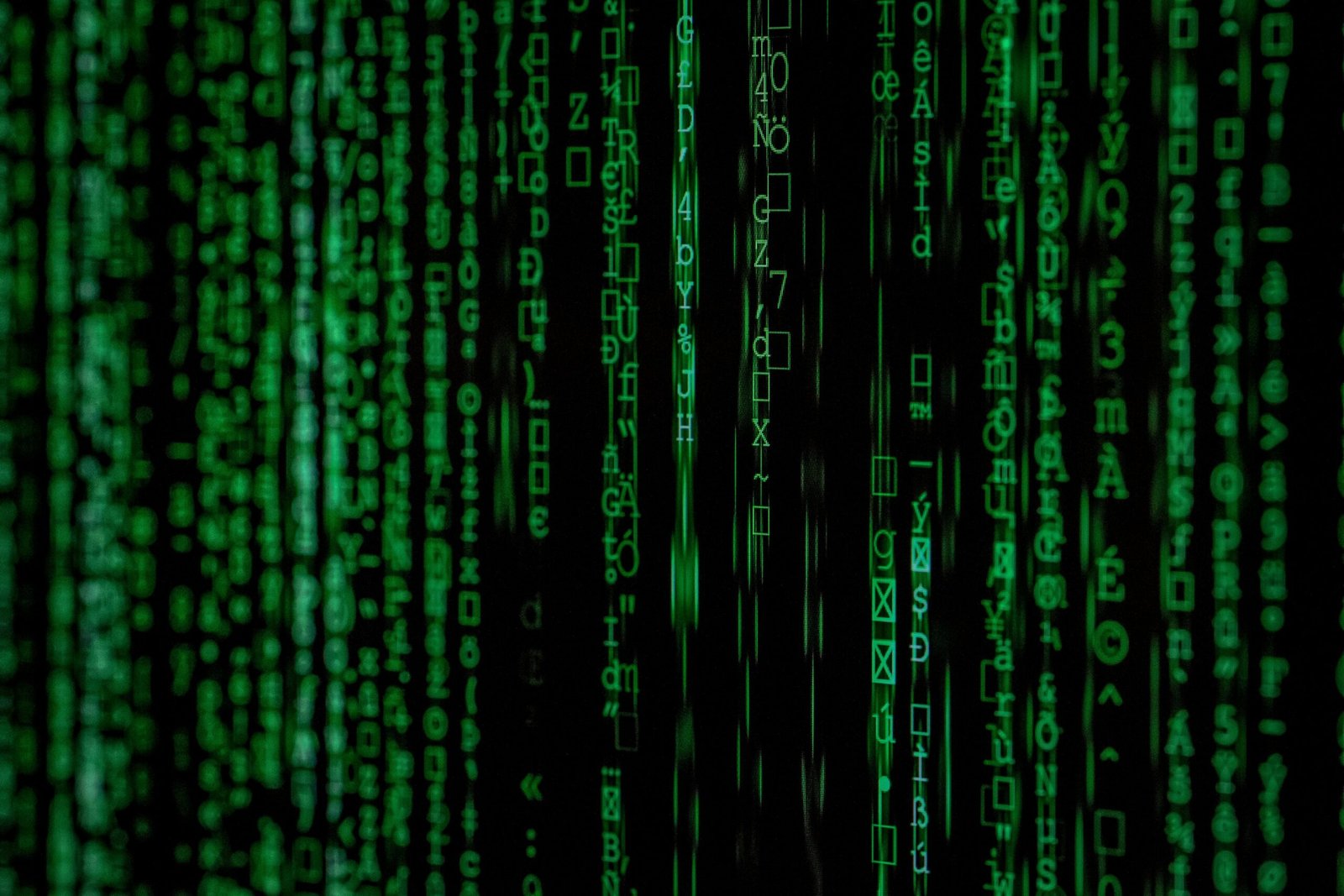Breaking News
Popular News




Enter your email address below and subscribe to our newsletter

Blockchain in supply chain management! In today’s fast-moving global economy, trust, transparency, and traceability have become essential in supply chain operations. Enter blockchain—a decentralized technology that’s disrupting the way goods move across the world.
At bit2050.com, we explore how blockchain is no longer just for cryptocurrency. One of its most impactful applications in 2025 is in supply chain management.
Let’s explore how blockchain is reshaping logistics, improving accountability, and making global commerce smarter and more secure.
Blockchain in supply chain management refers to the use of distributed ledger technology (DLT) to track, verify, and secure every step of a product’s journey—from raw materials to the end consumer.
Unlike traditional systems, where data can be altered or lost, blockchain creates a tamper-proof digital trail that improves:
✅ Product authenticity
✅ Data visibility
✅ Logistics automation
✅ Fraud prevention
Every product entry on the blockchain is timestamped and verified by all parties. This ensures full visibility from source to shelf.
Use case: Tracking organic food from farms to supermarkets
Benefit: Increases consumer trust and reduces recalls
Luxury goods and pharmaceuticals often face counterfeit issues. Blockchain lets consumers and vendors verify authenticity with a simple scan.
Use case: QR codes linked to blockchain-based product history
Benefit: Protects brands and reduces losses
Smart contracts automatically update inventory as goods move. This eliminates manual errors and speeds up fulfillment.
Use case: Warehouse and logistics automation
Benefit: Improves accuracy and efficiency
Blockchain can store import/export documentation, licenses, and certificates in a secure, shareable format.
Use case: Customs clearance for international shipments
Benefit: Reduces delays and paperwork
Companies can track carbon footprints, waste, and ethical sourcing through blockchain.
Use case: Verifying ESG compliance and sustainability goals
Benefit: Builds responsible brand image and trust
IBM & Maersk: Tracking global shipping logistics
Walmart: Using blockchain to track produce for food safety
De Beers: Ensuring ethical sourcing of diamonds
Bit2050.com spotlight: Featuring rising startups integrating blockchain in last-mile delivery and B2B procurement platforms.
As customer expectations grow and global trade becomes more complex, businesses are turning to blockchain for:
Faster audits
Reduced operational costs
Enhanced supplier accountability
Increased end-to-end visibility
At bit2050.com, we believe blockchain in supply chain isn’t the future — it’s the new standard.
Q: How does blockchain improve supply chain transparency?
A: By creating a decentralized, immutable ledger of each step in the supply chain, viewable by all verified stakeholders.
Q: Do small businesses benefit from blockchain in logistics?
A: Yes! Startups and SMEs gain visibility, fraud protection, and automation benefits similar to large enterprises.
Q: Is blockchain secure for global supply chains?
A: Absolutely. Its decentralized and encrypted nature makes it tamper-proof and ideal for global tracking.
Blockchain is solving real supply chain problems in 2025. It improves trust, lowers costs, and provides real-time visibility—something traditional systems can’t match.
Whether you’re a logistics company, a retail brand, or a tech startup, blockchain can be a game-changer.
Keep following bit2050.com for the latest trends in blockchain, crypto, and the decentralized economy.
blockchain in supply chain management, supply chain blockchain 2025, logistics technology, blockchain for business, blockchain tracking, bit2050.com